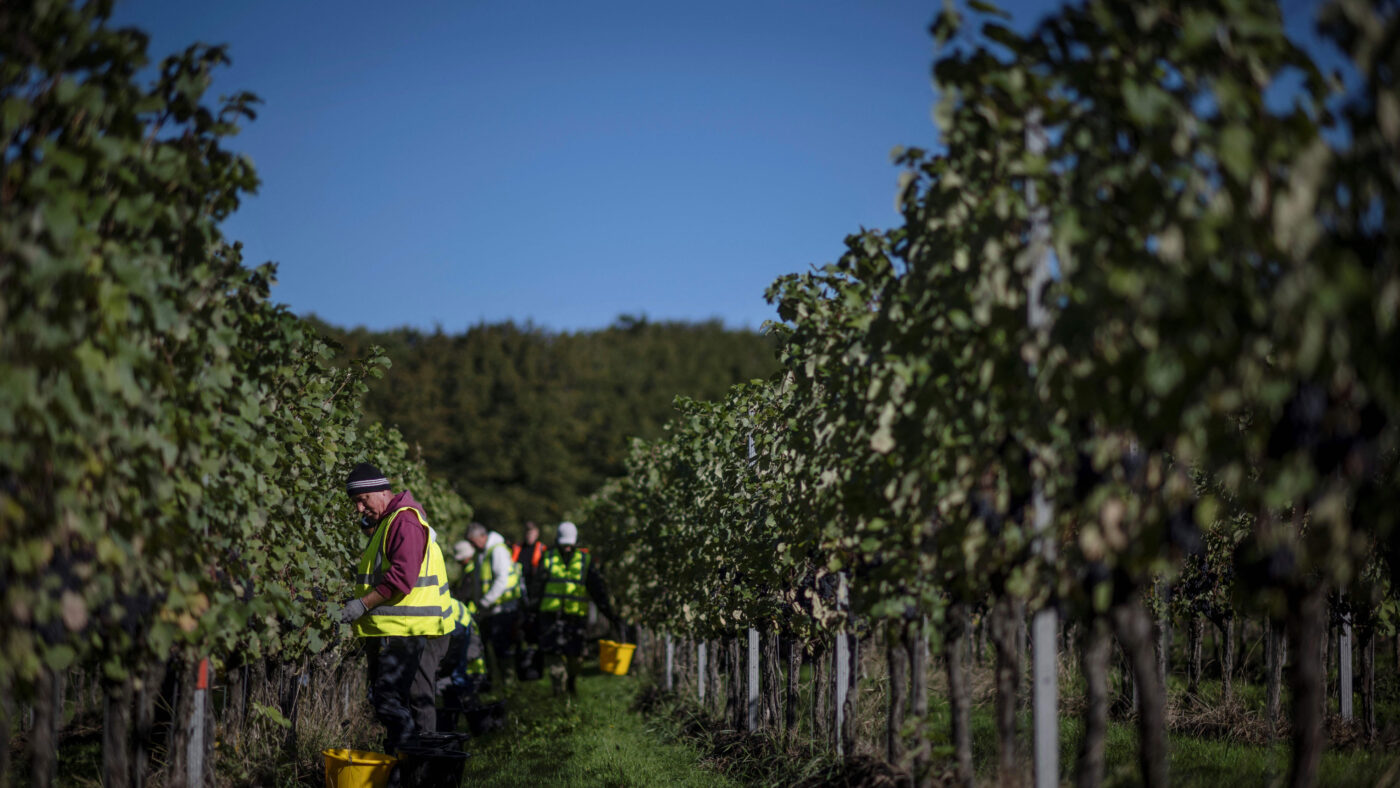One of the highlights of today’s National Conservatism Conference in London is a speech from Home Secretary Suella Braverman, in which she says Britain must do more to train up its domestic workforce, including fruit-pickers.
‘There is no good reason,’ Braverman says, ‘why we can’t train up enough HGV drivers, butchers or fruit pickers. Brexit enables us to build a high-skilled, high wage economy that is less dependent on low-skilled foreign labour’.
It’s hard to take issue with her underlying point about the sustainability of current immigration: in terms of housing, public services and community relations, the UK cannot handle the kind of numbers we’re seeing at the moment. The Centre for Policy Studies recently estimated that annual net migration for 2022 could come in as high as 700,000 – and it could even go as high as a 1 million. And remember, that’s all in the space of a single year.
We simply cannot carry on with an economic model that depends so heavily on new arrivals to plug gaps in the labour force. This isn’t even a partisan point: Sir Keir Starmer made the same point at a speech to the CBI back in November 2022.
Decades of relying too heavily on immigration has also contributed to a persistent lack of investment in training, research and development and other infrastructure. After all, why invest on a productivity-enhancing bit of machinery if you can just hire a bunch of immigrants on the minimum wage to do the job cheaply and quickly?
But while that kind of rationale might make sense for an individual company, it is not a good economic model for the country as a whole.
Nonetheless, Braverman’s particular focus on agriculture does seem strange. Brits don’t generally steer clear of fruit-picking because of a lack of government impetus, but because it takes place in rural locations often far from major population centres, with low pay for grinding physical work. And, more to the point, it’s seasonal which means it’s particularly suited to itinerant migrant workers, but less so to locals who would, presumably, prefer not to move around the country every few months or spend prolonged periods out of work.
Last summer’s labour shortages in Britain’s agricultural sector – in part driven by the Russia-Ukraine conflict – helped push food inflation as high as 20%, with tonnes of food left to rot in fields. But replacing those missing workers with Brits is easier said than done. Just listen to Derek Wilkinson, managing director of Sandfield Farms in the West Midlands:
‘We try to recruit locally and there just aren’t the people out there. British people just don’t want seasonal work, if you live in the UK you need a permanent job. We do try to recruit but we’d get very little uptake.’
The reality is that fruit-picking is not only hard work for low pay – it would require many Brits living in urban areas to temporarily relocate to rural areas for lengthy periods of time away from their loved ones. This is a distinctly family-unfriendly outcome that any thoughtful Tory should be wary of – especially in the middle of an ongoing cost-of-living crisis.
What we need is not a one-size-fits-all approach, but a dynamic immigration system that deals with particular economic needs while retaining a firm control on overall numbers.
Instead of encouraging Brits to take up fruit-picking to reduce dependence on foreign labourers, the UK government should look to the Netherlands for a bit of inspiration. It should commit to the creation of a National Agricultural Bank with provides strategic long-term capital, as well as fostering closer relations between farms and universities to stimulate forms of technological innovation in the sector. In particular, nanotechnology and artificial intelligence have the potential to enable agricultural productivity and efficiency gains.
Combined with a sensible migration system that commands public confidence, this is the kind of forward thinking we need to deliver a sustainable, prosperous future for the British people.
Click here to subscribe to our daily briefing – the best pieces from CapX and across the web.
CapX depends on the generosity of its readers. If you value what we do, please consider making a donation.


